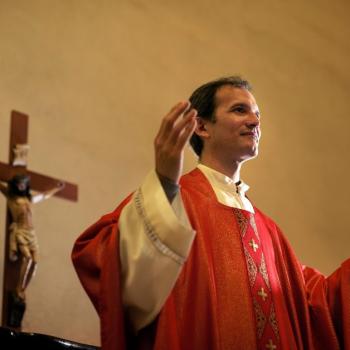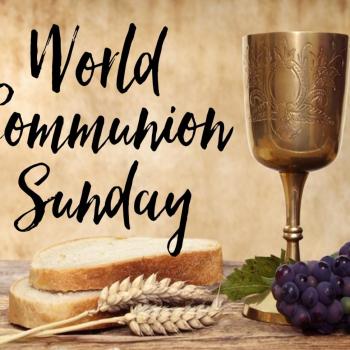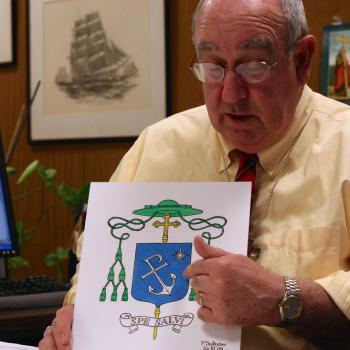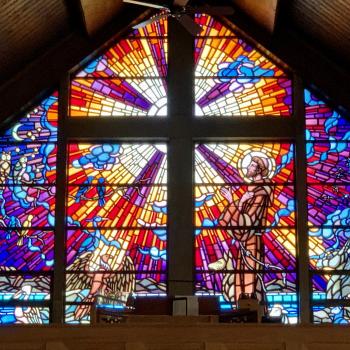It’s happening in more places around the United States, and that includes my diocese of Brooklyn.
All indications are it is working — often, very well.
Check out this report below, from NET in Brooklyn, featuring my friend and neighbor Deacon Dean Dobbins:
A couple years ago, I pointed out some other dioceses where this was being put into practice, including Pittsburgh:
It is part of an effort to find new ways to provide vibrant Catholic ministry with the number of priests available now and in the future.
“The many gifted and experienced permanent deacons in our diocese have opened the door to this new possibility, which will enable our priests to continue to devote themselves to their pastoral and sacramental ministry that they love so much,” Bishop Zubik said.
“While not every permanent deacon is expected to be called and trained to do this ministry, for those who are, it perfectly fulfills their responsibility to serve the community of faith in ways that support our priests and people.”
As described in the sixth chapter of the Acts of the Apostles, deacons are ordained ministers of the Catholic Church, with a special calling to do works of charity and service, proclaim the word of God and assist in the liturgical and sacramental life of the church. They are under the authority of the bishop, who assigns them to specific ministries at parishes or at institutions such as hospitals, jails or nursing homes.
Deacons cannot celebrate Mass, hear confessions or anoint the sick. They can, however, preach homilies, lead the faithful in prayer and conduct wake services. Outside of Mass, they can baptize, witness marriages and conduct funeral services.
The deacon administrator is a model of ministry that the church provides and that the diocese is exploring in response to changing demographics and fewer priests. These models include inter-parish collaboration, ministry teams serving more than one parish and multiple parishes served by one pastor.
Some dioceses in the United States have relied on deacon administrators for decades. One in six permanent deacons nationwide was serving in a full- or part-time paid position of pastoral care of one or more parishes in 2013, according to the Center for Applied Research in the Apostolate, which conducts research on and for the Catholic Church.
If the men are qualified and competent, there’s no reason this can’t be done in more places. The way things are going, I think we can expect to see it become the norm, rather than the exception.
UPDATE: My pal Jen Fitz weighed in with some thoughts about this on her blog.
Snip:
There’s a bigger question here: How come no priests? You can argue all afternoon (rightly) that not all priests are brilliant administrators. The part where we demand our priests be masters-of-all-trades is foolish in the extreme. Likewise, there can be good reasons for a temporary mismatch between the ratio of clergy to laity. But if your long term plan expects not enough priests? You’re doing it wrong.
















